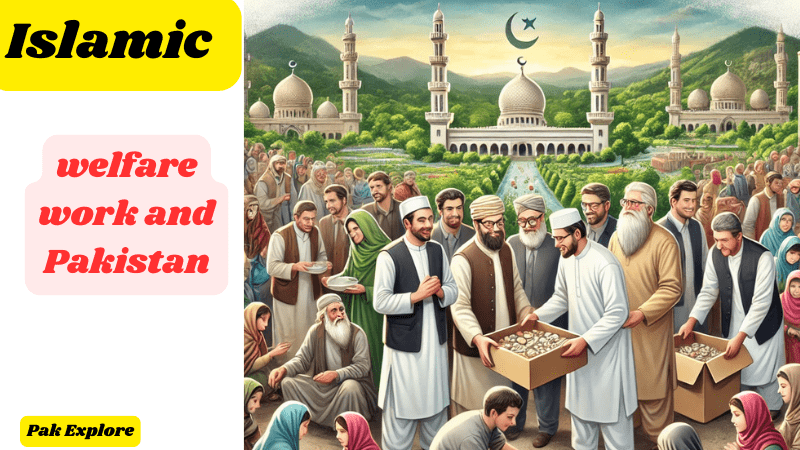Top 4 Powerful Islamic Welfare Organizations in Pakistan
Islamic welfare work and Pakistan
Introduction
Islamic philanthropy has historically played an important role in shaping the social fabric of Pakistan. Rooted in the principles of charity (zakat), compassion, and community support found in Islamic teachings, philanthropic initiatives have provided essential services and support to the marginalized and vulnerable sections of society.

This article examines the evolution, current state and challenges of Islamic philanthropy in Pakistan and highlights its impact on society.
Table of Contents
Top 5 Powerful Islamic Welfare Organizations in Pakistan on youtube
Historical perspective
Philanthropy in Pakistan can be traced back to the establishment of the state in 1947, where the founding leaders envisioned a society based on the principles of social justice and equality.

The early years saw the formation of various philanthropic organizations, often driven by religious motivations, which laid the foundation for modern philanthropic initiatives. Foremost among them was the Al-Masurd Foundation, founded by Dr. Israr Ahmed, whose mission was to promote Islamic education and social welfare.
Role of Zakat
One of the main Islamic welfare mechanisms in Pakistan is Zakat, a form of charity and one of the five pillars of Islam. Zakat is obligatory on Muslims and involves giving a portion of one’s wealth to the needy.
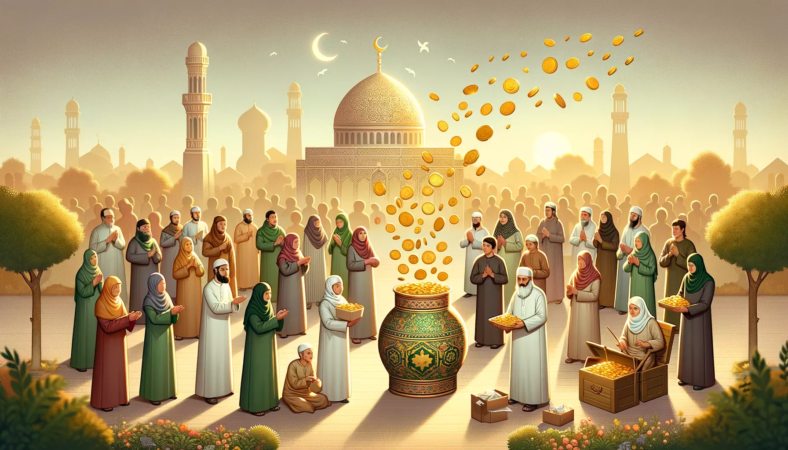
In Pakistan, the government has established a formal zakat system through the 1980 Zakat and Ushar Ordinance, which facilitates the collection and distribution of zakat funds. These funds are used for various purposes including education, health care and poverty alleviation.
1.Non-Governmental Organizations (NGOs) and Islamic Welfare
Over the years, a number of NGOs have emerged in Pakistan, focusing on welfare work from an Islamic perspective. Organizations such as the Seelani Welfare International Trust, the Edhi Foundation, and the Ansar Barni Trust have played a prominent role in various fields, including healthcare, education, and disaster relief.

Edhi Foundation: Founded by Abdul Sattar Edhi, this organization is synonymous with charity in Pakistan. It also operates the country’s largest ambulance service, as well as orphanages, homeless Edhi’s philosophy was rooted in Islamic teachings that emphasized service to humanity.
Ansar Barni Trust: This organization focuses on human rights, providing legal aid and rehabilitation services to the disadvantaged. It has been instrumental in advocating for the rights of marginalized communities and addressing issues such as child labor and human trafficking.These organizations often collaborate with government and international organizations to increase their reach and effectiveness in addressing critical social issues such as poverty, illiteracy, and access to health care.
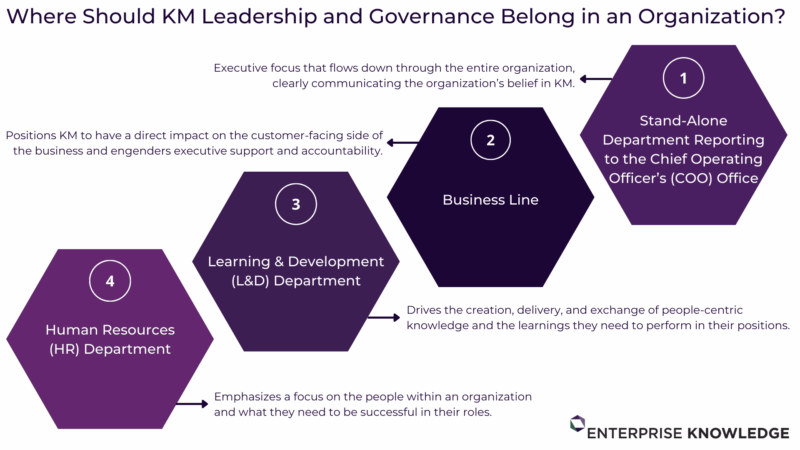
2.Effects of Islamic welfare works
The impact of Islamic welfare works in Pakistan is profound. Through various initiatives, these organizations have:
Poverty Reduction: Poverty alleviation welfare programs have lifted countless families out of poverty. By providing financial assistance, vocational training, and employment opportunities, these organizations have empowered individuals to become self-sufficient.
Better health care: Many Islamic welfare organizations run hospitals and clinics that offer free or subsidized health care services. This has significantly improved access to medical care for the poor, especially in rural areas where health facilities are limited.

Promotion of Education: The main focus of Islamic welfare work in Pakistan is education. Many NGOs run schools and vocational training centers, enabling children from low-income families to access quality education. This investment in education contributes to long-term socio-economic development.
Disaster Relief and Rehabilitation: In times of natural calamities, Islamic welfare organizations have been at the forefront of providing immediate relief and rehabilitation services. Their rapid response capabilities have saved countless lives and provided much-needed support to affected communities.
3.Challenges facing Islamic philanthropy
Despite the significant contributions of Islamic philanthropic organizations, several challenges hinder their effectiveness:
Political and Economic Instability: Pakistan’s political and economic challenges often hinder the development and sustainability of welfare programs. Frequent changes in government policies can affect funding and support for these initiatives.
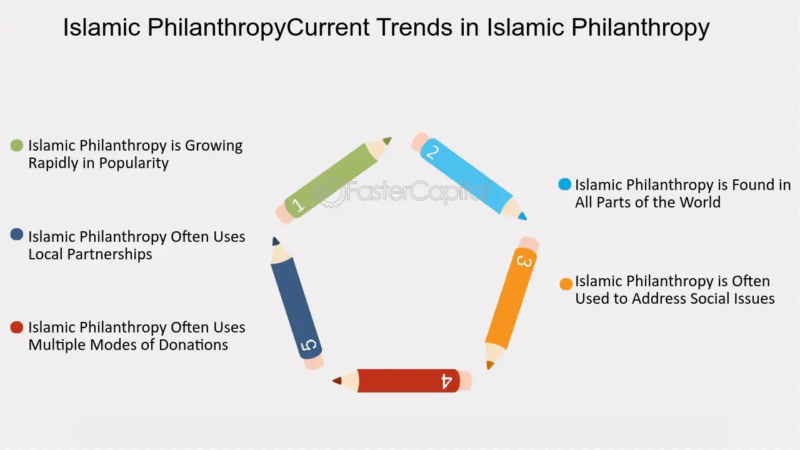
Dependence on Donations: Many Islamic welfare organizations rely heavily on donations and charity.
Regulatory barriers: NGOs in Pakistan face various regulatory challenges, including bureaucratic red tape and stringent compliance requirements. These barriers can limit their ability to operate effectively and expand their services.
Perceptions and misconceptions: The role of Islamic philanthropy is often misunderstood, with some viewing it as communal or politically motivated. This perception can inhibit cooperation between organizations and reduce public support.
Sustainability: Ensuring the long-term sustainability of welfare programs is a constant challenge. Many organizations struggle to establish self-sustaining models that can continue to provide services without continued financial support from donors.
4.The future of Islamic philanthropy in Pakistan
To address these challenges and increase the impact of welfare initiatives, a multi-pronged approach is needed:
Strengthening collaboration: Increased collaboration between NGOs, government agencies and international organizations can lead to a more integrated approach to humanitarian work. Sharing resources, expertise and best practices can increase the effectiveness of programs.
Raising awareness: Public awareness campaigns can help improve the perception of Islamic philanthropy, emphasizing its humanitarian aspects and contribution to society. Highlighting success stories can encourage more people to support and engage with these initiatives.
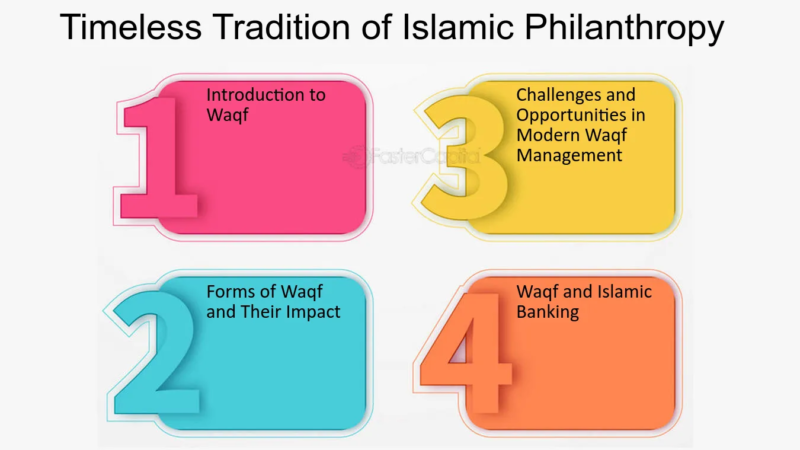
Adopting innovative models: Adopting innovative models of funding and service delivery can enhance sustainability. Partnerships with social business and the private sector can create self-sustaining welfare programs that rely less on donations.
Advocating for Policy Support: Advocating for supportive government policies can help create an enabling environment for philanthropic organizations. Streamlining the regulatory process and providing tax incentives for charitable contributions can encourage more individuals and businesses to support philanthropic initiatives.
Focus on capacity building: Investing in the capacity of philanthropic organizations can increase their operational efficiency. Training programs for staff and volunteers can improve service delivery and organizational management.
The result
Islamic philanthropy in Pakistan represents an important component of the country’s social safety net, addressing key issues of poverty, health care and education.
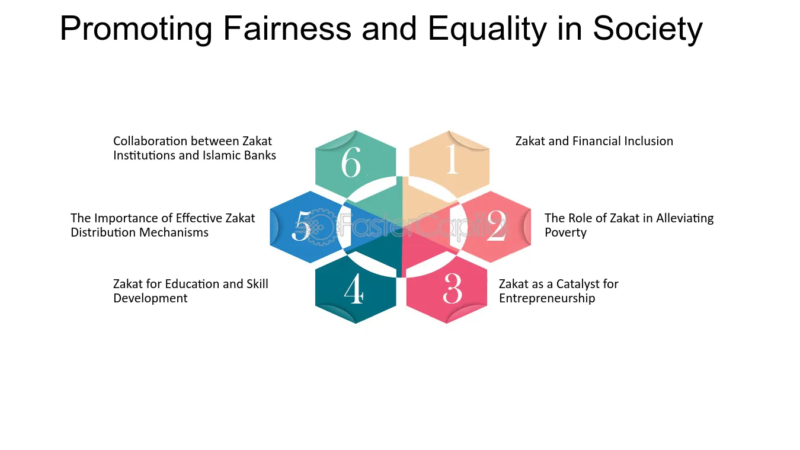
Although challenges remain, the resilience and determination of these Islamic-based organizations offer hope for a better future. By fostering cooperation, raising awareness, and adopting innovative approaches, Islamic philanthropy can advance, contributing to the development and well-being of Pakistani society.
۔۔۔۔۔۔۔۔۔۔۔۔۔۔۔۔۔۔۔۔۔۔۔۔۔۔۔۔۔۔
You May Also Like:
A Cultural Journey of Languages: Linguistic Heritage of Pakistan
